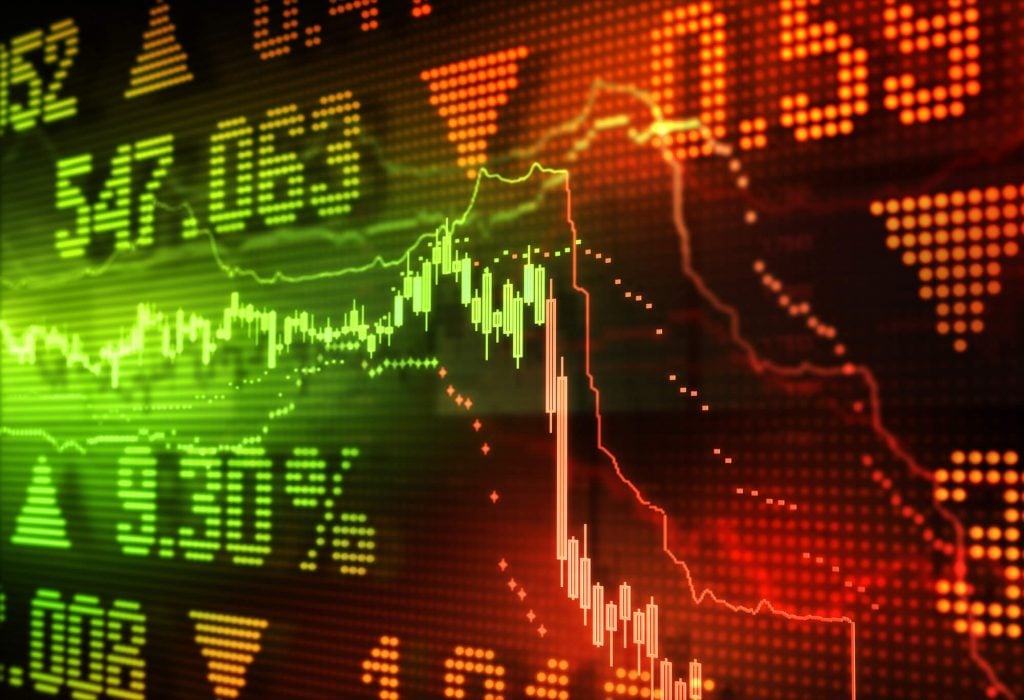Market crashes are an inevitable part of the financial landscape. They come with their own set of challenges, not only for the economy but also for investors trying to safeguard their portfolios from sharp declines. During these tumultuous times, many investors look for safe havens—places where they can ride out the storm and even thrive. One such haven is dividend stocks. This article dives into their historical performance during major market downturns, examining why they often emerge relatively unscathed and offering key takeaways for today’s investors.
Understanding Dividend Stocks
Dividend stocks are shares in companies that distribute a portion of their profits back to shareholders in the form of regular payments, known as dividends. These payments can provide investors with a reliable income stream, making dividend stocks particularly attractive to income-focused investors. Dividend stocks tend to be offered by well-established companies with strong cash flows and a commitment to returning value to their shareholders.
The appeal of dividend stocks lies in their dual potential for both income generation and long-term capital appreciation. Companies that pay consistent dividends are typically those with a solid financial foundation, making them more resilient during economic challenges. Investors often seek dividend stocks for their reliability and as a means to offset market volatility. For further information, view more here.
Historical Market Crashes: A Brief Overview
To understand how dividend stocks behave during market crashes, it’s important to first look at some of the most significant crashes in history. From the Great Depression of 1929 to the COVID-19 pandemic in 2020, each crash has left a unique imprint on global markets. These events are characterized by sudden, sharp declines in stock prices, often triggered by economic uncertainty, geopolitical tensions, or financial instability.
The Great Depression, which started in 1929, was one of the most severe global economic downturns. It led to massive unemployment and a long recovery process. Black Monday in 1987 saw a sudden, sharp market drop, with many stocks losing a significant portion of their value in a single day. The 2008 Financial Crisis, triggered by the collapse of the housing market and banks, caused widespread panic and market disruptions, while the COVID-19 pandemic in 2020 led to a global lockdown and a sudden halt to much of the world economy.
Performance of Dividend Stocks During Past Market Crashes
During the Great Depression, dividend-paying companies were not immune to the overall market collapse. However, many of the companies that continued to pay dividends during this time were in sectors considered essential, such as utilities and consumer staples. These companies had strong earnings even in the face of an economic collapse, which allowed them to keep dividends intact, offering a form of stability to their investors.
Fast forward to Black Monday in 1987, and dividend stocks demonstrated their relative stability once again. While the broader market experienced steep losses, many dividend-paying companies saw less severe declines. Dividend stocks, particularly in sectors like consumer goods, held up better than their growth-oriented counterparts, which were more sensitive to short-term market fluctuations.
When the COVID-19 pandemic hit in 2020, the market saw a dramatic fall in response to the global lockdowns. The initial shock caused many companies to cut dividends or halt them altogether, especially in industries like energy and travel. However, several dividend stocks, particularly in essential sectors like healthcare and consumer staples, weathered the storm well. These companies were better able to adapt to the new economic environment, allowing them to sustain or even grow their dividends. The pandemic, while devastating, reaffirmed the importance of investing in strong, dividend-paying companies with a stable financial footing.
Why Dividend Stocks Tend to Be Resilient During Market Crashes
There are several reasons why dividend stocks tend to hold up better during market crashes. First, dividend-paying companies are usually well-established businesses with stable cash flows. They typically have a more conservative approach to managing their finances and prioritize maintaining a consistent dividend payout. This financial discipline provides a cushion during economic downturns, as these companies are generally better positioned to handle adverse conditions.
Second, dividend stocks are often found in sectors that are considered essential, such as utilities, healthcare, and consumer staples. These industries tend to remain relatively stable even during market downturns, as people continue to need essential services and products regardless of the economic environment. This demand for essential goods and services helps maintain steady revenues for companies in these sectors, allowing them to keep paying dividends.
Sectors of Dividend Stocks That Outperformed During Crises
Certain sectors of dividend stocks have historically performed better during market crashes. Defensive sectors such as utilities, healthcare, and consumer staples tend to be more resilient during periods of economic stress. These sectors provide products and services that people continue to use regardless of economic conditions, making them more stable in times of market volatility.
On the other hand, sectors like energy, travel, and luxury goods tend to be more sensitive to market downturns. Companies in these industries may struggle during crises, leading to dividend cuts or suspensions. For this reason, investors should consider the sectoral exposure of their dividend stocks and ensure they are invested in more stable, defensive industries.
Conclusion
In conclusion, dividend stocks have demonstrated a remarkable ability to perform well during market crashes. From the Great Depression to the COVID-19 pandemic, dividend-paying companies in stable sectors have proven to be resilient in times of economic stress. By providing a reliable income stream and maintaining strong fundamentals, dividend stocks offer investors a safer path during periods of market volatility.
